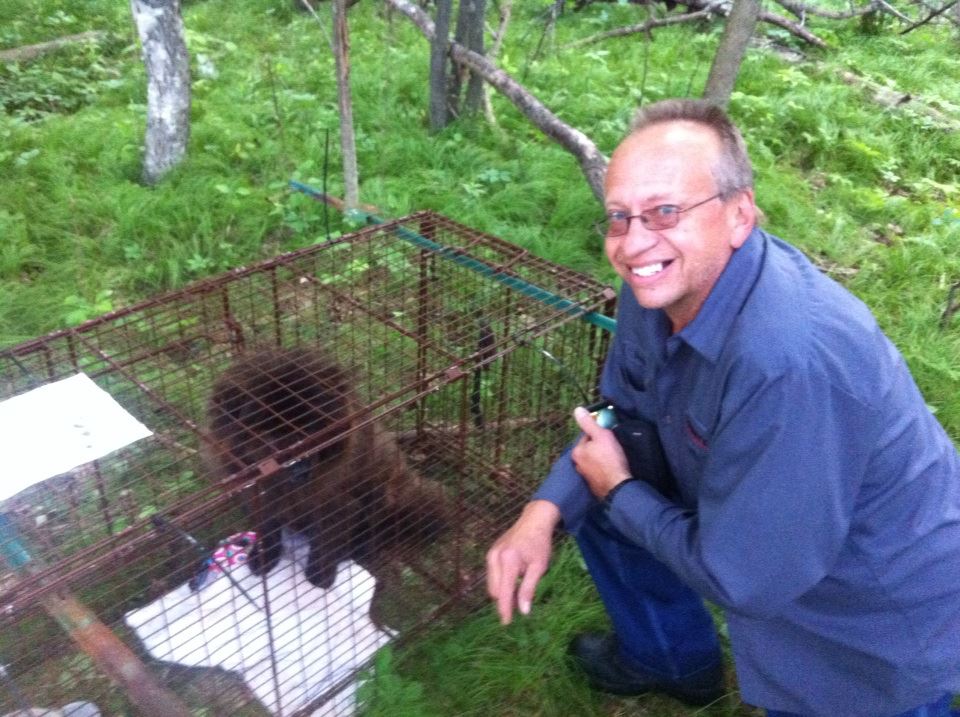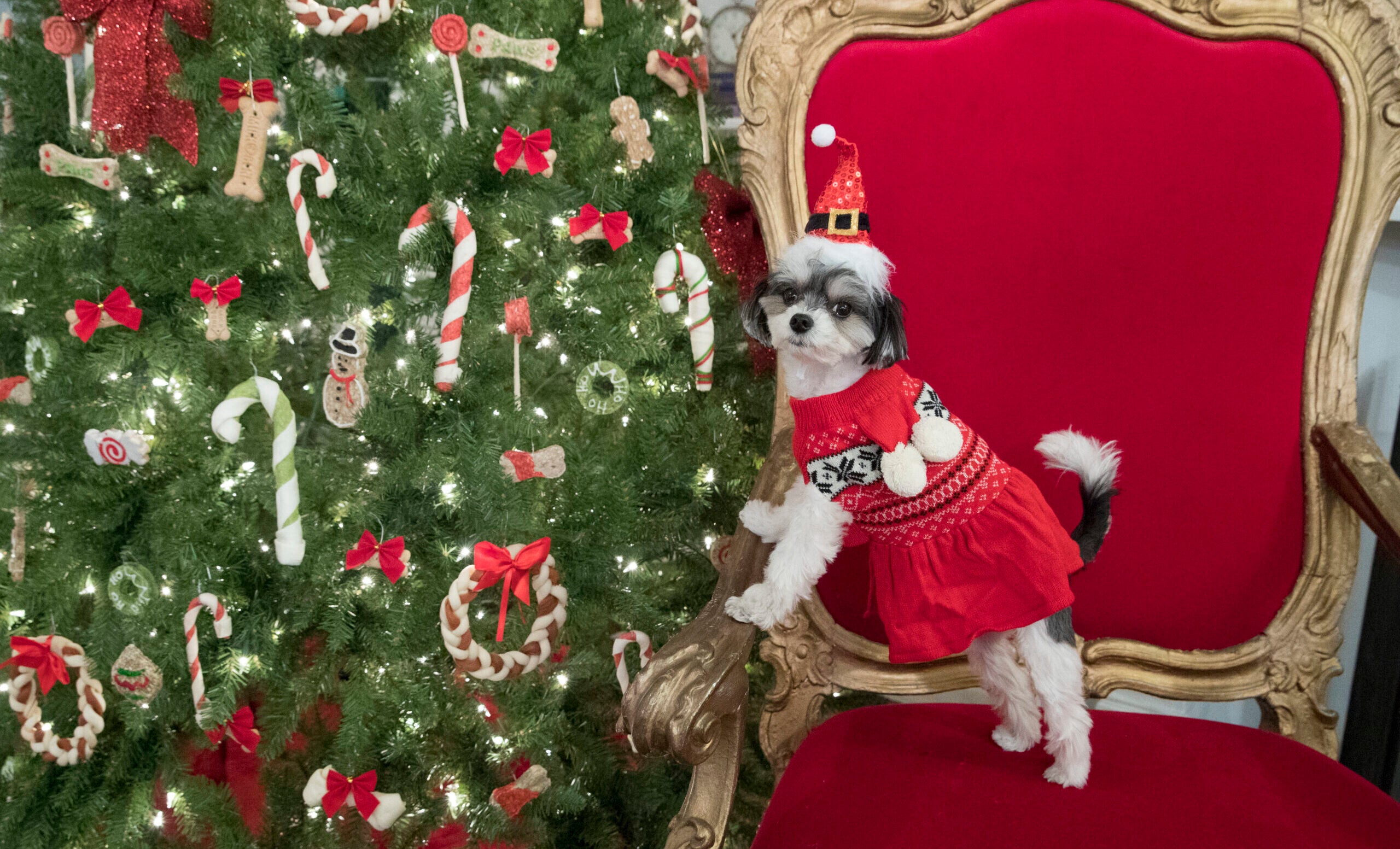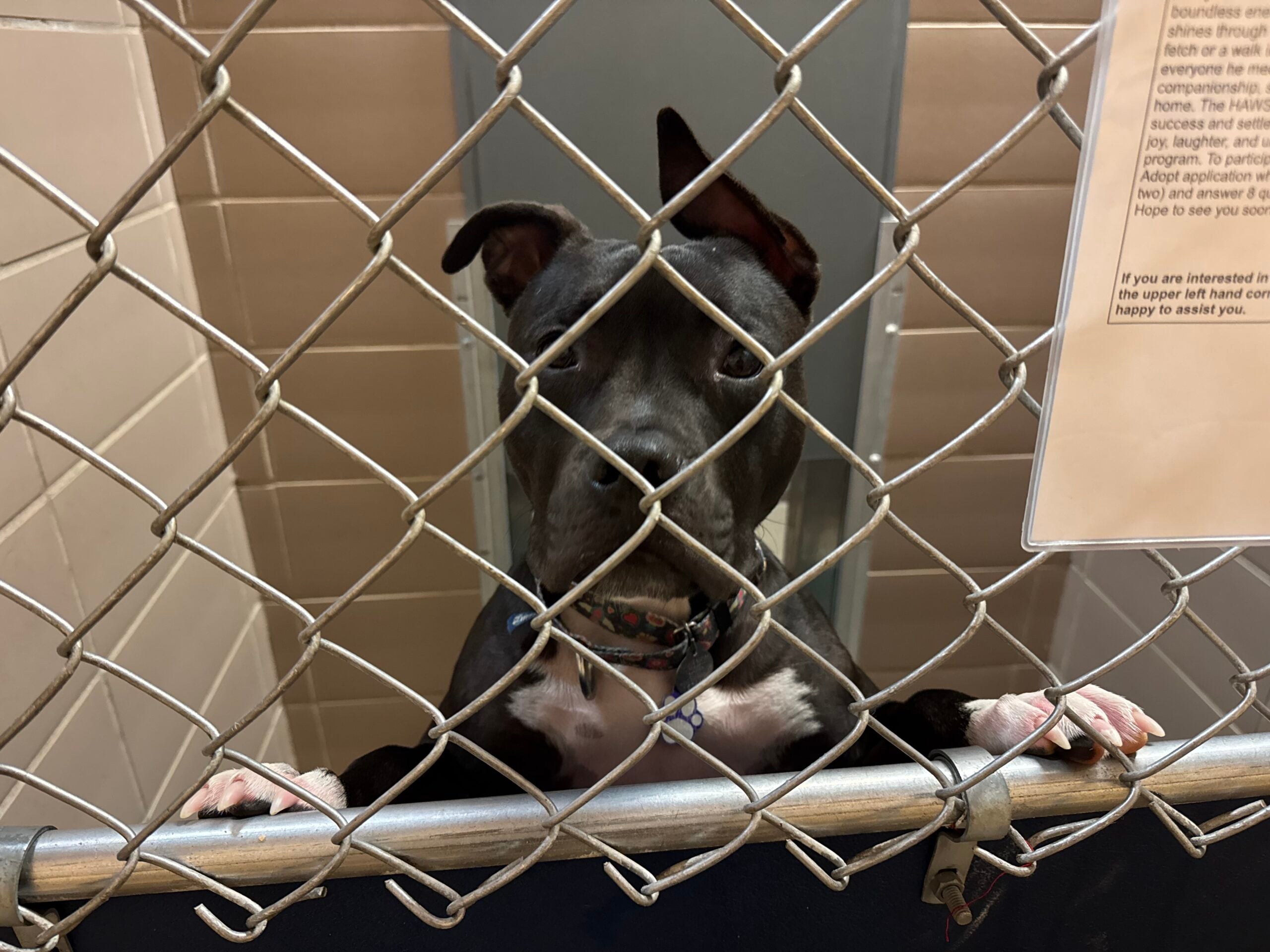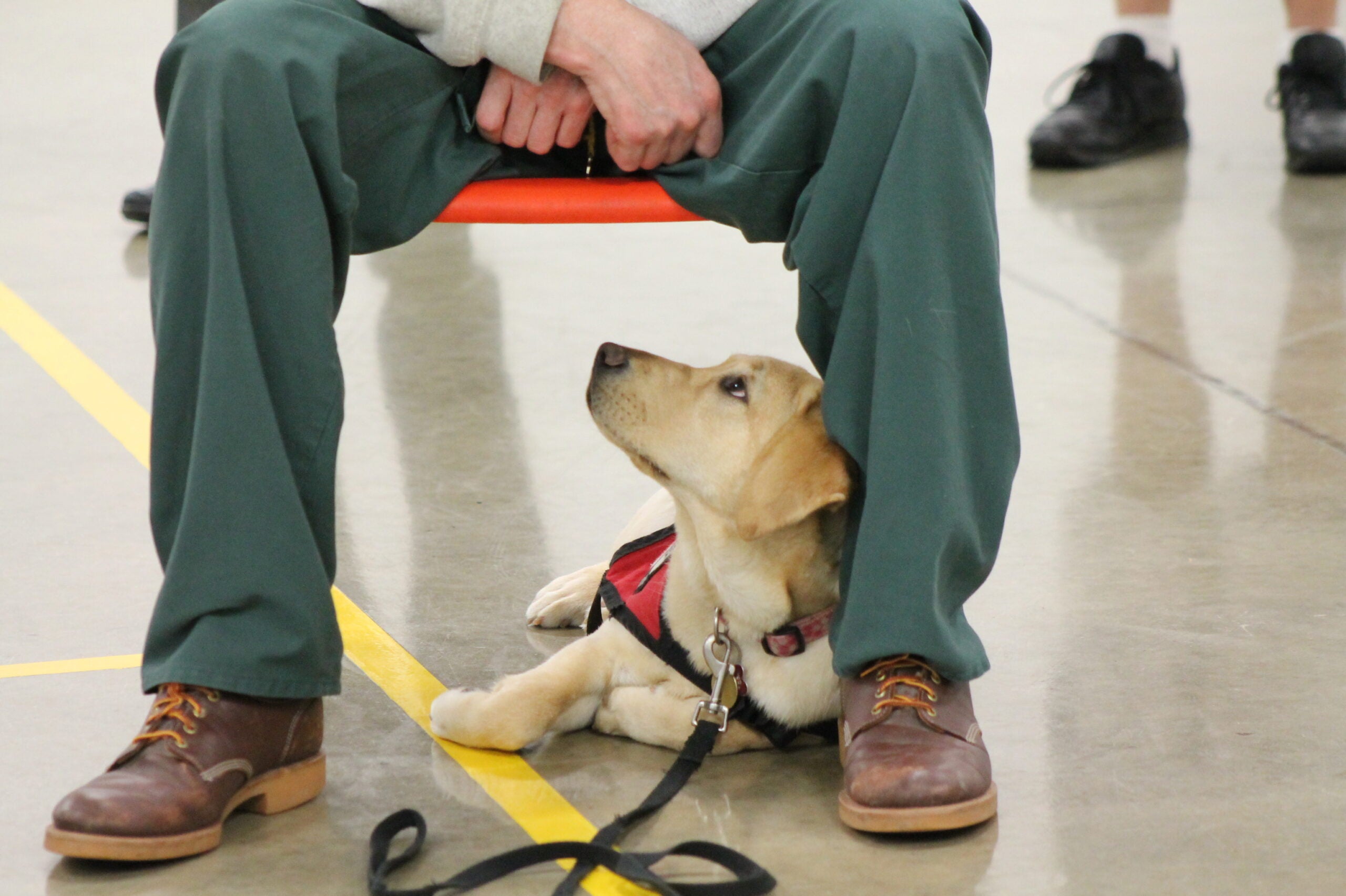A Wausau man has made it his mission to reunite lost dogs with their owners, a quest that began years ago when his daughter’s dog spent two weeks on the run.
At the time, there were few resources available to help. David Woods took matters into his own hands, spending hours each day before and after work combing through neighborhoods and distributing hundreds of flyers.
Finally, he spotted the dog being fed by a stranger in a local park.
News with a little more humanity
WPR’s “Wisconsin Today” newsletter keeps you connected to the state you love without feeling overwhelmed. No paywall. No agenda. No corporate filter.
Woods said he didn’t want other people to go through the heartache his daughter endured during their two-week search. He soon teamed up with a small group of like-minded volunteers to form Lost Dogs of Wisconsin, a free service that offers help for frantic families searching for pets who slip away from their homes.
Since 2010, the nonprofit organization has grown to include between 60 and 70 volunteers who have helped thousands of pet owners by giving them hope and the tools they need to find their lost animals.
Lost Dogs of Wisconsin volunteers rely heavily on social media to spread the word about missing dogs and track their location, working closely with local humane societies and law enforcement agencies in the process. The group also works with Pet FBI, a national database with an interactive map that lists information about lost or found dogs, cats and other animals.
Though the job can be emotionally draining, Woods said there is nothing like the feeling of seeing a dog reunite with its owner.
“We call it the ‘Lost Dogs of Wisconsin happy dance’ in our living rooms, a very gratifying feeling,” Woods said. “Basically, all of us would appreciate the help if it was our lost dog. That’s why we do what we do.”

The key to success, Woods said, is to never stop searching for a lost pet, even when weeks or months have passed.
“We never give up,” Woods told WPR’s “Morning Edition.” “That’s our motto: never give up.”
The following transcription was edited for brevity and clarity.
Shereen Siewert: How did all of this start for you?
David Woods: My daughter 15 years ago lost a dog, and I was searching for it before work, after work. I put out 400 flyers and she was found after two weeks. I joined a group of three ladies that were just starting Lost Dogs of Wisconsin and it’s kind of snowballed from there.
SS: Take me through what happens when somebody contacts you because their dog has gone missing. What’s the process like?
DW: People can go to our Facebook page, Find Fido, or our Lost Dogs of Wisconsin website. Then, they fill out a form on petfbi.org, a national database for all lost animals. It’s the only one that’s map-based for the United States.
From there, the information for the lost dog is sent to one of our lost dog flyer makers. We make the flyer, send it to the owner and we post all over social media. And that dog gets assigned a caseworker for their county who works with the owner. We’ll guide them through the process and what steps to take.
SS: How do you go about settling frantic pet owners down and giving them the support they need so they can think clearly and logically in a situation that’s so difficult emotionally?
DW: Most of us have been in that boat before, so we know what to do and the steps to take. A lot of times, all I have to do is just give them some direction. They’re kind of lost, like I was at the beginning. Once they start the steps, they kind of settle down and we reassure them that we find lots of them. Sometimes it can take days or weeks, so it’s just a process of helping them.
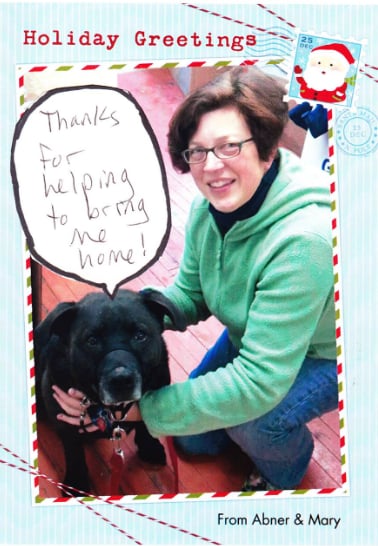
SS: Do you have a favorite success story to share?
DW: I do. My favorite one is Abner. Abner went lost on a weekend outing from Madison up at Three Lakes in northern Wisconsin. The owner had to get back to work in Madison and she would drive up every weekend, back up north, and stay in hotels to search. She racked up I don’t know how many thousands of dollars in hotel rooms. Abner went nine weeks, through two polar vortexes, two deer seasons and ended up sleeping in a kind person’s wood–fired water heater shed outside their house. They were able to coax him inside and called the owner — and after nine weeks, she drove up to get him.
I still talk to Abner’s owner, Mary. You make lifelong friends when you do this. It’s been wonderful.
SS: Is there a point that you ever say it’s time to give up, that too much time has passed?
DW: Never. We have experts who look at all the animals at the humane societies when they come in and just keep watching. A lot of times we just never know what happens. Maybe they’ve been picked up and the finder doesn’t know what to do, so ends up keeping them. Wisconsin is not a state where if you find a dog you can just keep it, but that happens.
“We take all of these lost dogs to heart.”
David Woods
SS: How do you manage this emotionally yourself? You’re so connected to the people, you’re so connected to the animals. How do you take care of your own emotional health?
DW: It’s draining. And I can tell you that because we take all of these lost dogs to heart. I always keep reminding myself that I would want to help if it was my dog, so we just keep plugging along.
SS: In addition to the flyers, in addition to the social media shares, what are some pieces of advice you give pet owners the minute they contact you?
DW: Immediately call your local police department or sheriff, and the humane society, because the finder should do the same thing and that way they can connect you. The second thing is to immediately set out items including things like smelly food, dog toys and blankets. One major thing is to put out the owner’s worn clothing. A lot of the time, the dogs come right back to the same place later on. We also tell people to put “lost dog” signs by the road. Finders and spotters drive around looking for owners and see that sign.
Social media has just been a boon to help get animals back home. About 90 percent of our dogs are found because someone saw a flyer. They recognized the dog from a spotting, then notified the owner; or, the owner actually handed them a hard copy while out handing out flyers. Social media has been unreal and helping lost dogs get home.
If you have an idea about something in central Wisconsin you think we should talk about on “Morning Edition,” send it to us at central@wpr.org.

